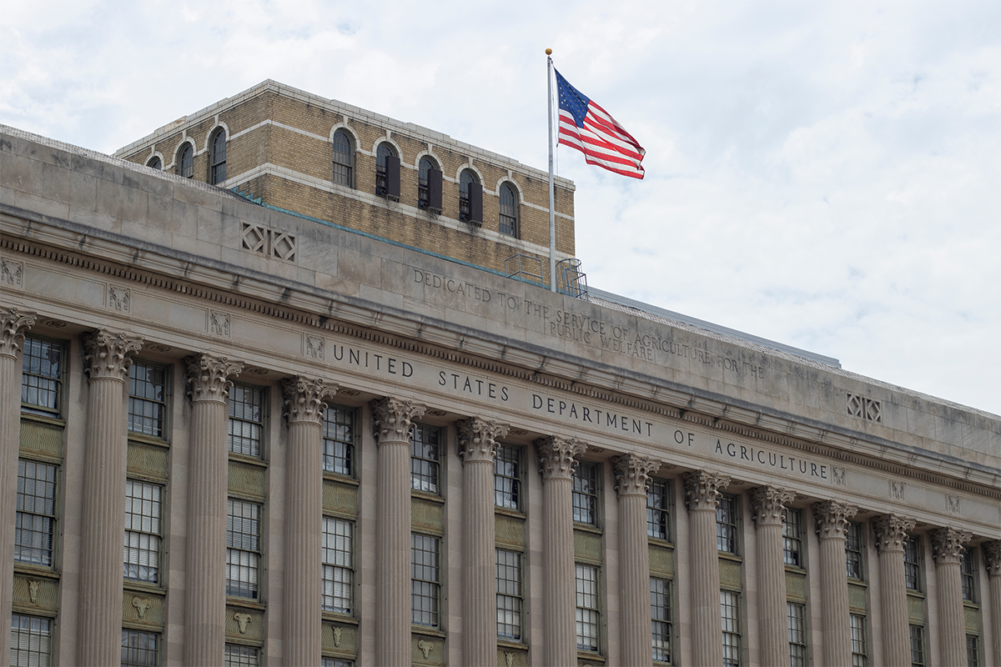WASHINGTON — The Biden administration issued 43,244 payments to eligible farmers and ranchers on July 31 as part of the Inflation Reduction Act’s Financial Assistance Program (DFAP). Recipients were represented by all 50 states, the District of Columbia, Puerto Rico, the US Virgin Islands and American Samoa.
This one-time program was aimed at farmers and ranchers who experienced discrimination in USDA farm lending programs prior to January 2021. DFAP looked at all classifications and types of discrimination, such as race, sex, sexual orientation, gender identity and religion.
“Farmers and ranchers work around the clock to put food on our tables and steward our nation’s land,” said President Joe Biden. “But for too long, many farmers and ranchers experienced discrimination in farm loan programs and have not had the same access to federal resources and support.”
Through the Inflation Reduction Act, Congress allocated $2.2 billion for DFAP.
The application process for the newly crafted program opened in July 2023. The eligibility requirement was based on discrimination at a USDA loan office, either in terms of not getting a loan, not getting a loan in time or not getting an interest rate that was comparable.
Looking to reach anyone who might have been discriminated against prior to January 2021, the US Department of Agriculture conducted an extensive outreach program. Efforts included close to 30 offices open for walk-ins, over 58,000 calls taken at the agency’s call centers, in-person presentations and a series of 18 cooperator groups that took outreach efforts everywhere from Farm Aid to church basements, said Agriculture Secretary Tom Vilsack in a press call on July 31.
Each application was reviewed twice by two independent teams who worked for the program administrator to ensure fairness, thoroughness and accuracy. While standards for eligibility were set and enforced by the USDA, the review was carried out by third-party administrators in accordance with the statute.
Financial assistance ranged from $3,500 to $500,000, with Mississippi having the most applicants, followed by Alabama and then Oklahoma. Further information of the geographic distribution of the awards is available on the program’s website.
The assistance will help applicants continue farming or enhance their operations, in some cases to begin farming, and in other cases to ease lost income, USDA said.
“The completion of the Discrimination Financial Assistance Program is an important moment in USDA’s history, and in our journey to becoming a department that truly serves everyone who wants to participate in agriculture,” Vilsack said. “While this financial assistance is not compensation for anyone’s losses or pain endured, it is an acknowledgement. My hope is that this will ensure that many farmers can stay on their farms, contribute to our nation’s food supply and continue doing what they love.”
USDA plans to continue reviewing and analyzing the information provided in DFAP applications to use as a roadmap for fine-tuning its equity efforts at the national, regional and local levels.
As part of its current equity efforts, USDA has made changes at the Farm Service Agency to make the farm loan process more accessible, inclusive and equitable to anyone who wants to participate in agriculture. This includes, but is not limited to, diversified agency leadership and county committee membership, the ability to apply for farm loans and make loan payments online, streamlined and shortened loan paperwork requirements, and new processes that reduce the need for human discretion in loan decision-making.


